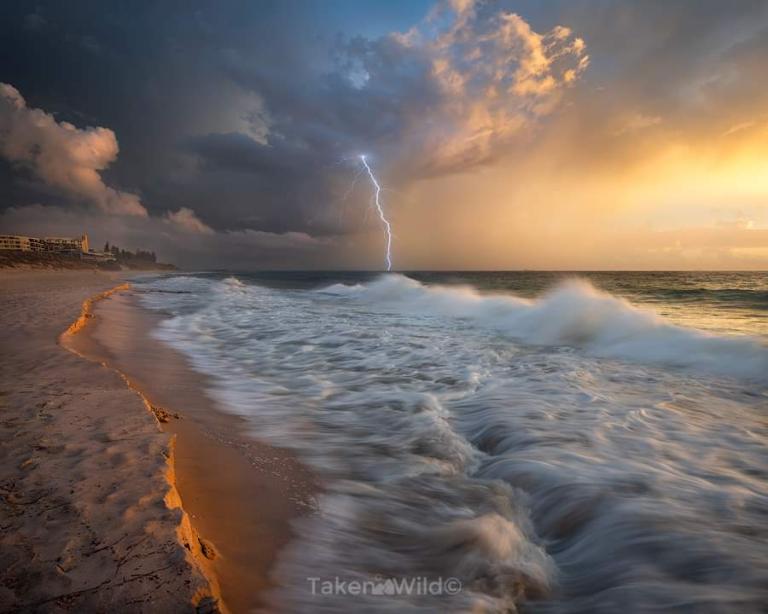As students of the New Testament know, the Gospels are Passion Narratives with a long introduction, by which I mean that a third or more of the whole Gospel story telling focuses on the last week of Jesus’ life. This is so because of the fact that the most crucial events producing the possibility of human salvation are the death, resurrection, and appearances of the risen Jesus followed by the sending of the empowering Holy Spirit on the first Jewish Christians at Pentecost in Jerusalem in about A.D. 30. Since there is the most material about Jesus’ last week prior to crucifixion than about any sequence of events before, including the birth narratives in Matthew and Luke, one might expect that a production like The Chosen, which has been lauded for its authenticity and by and large ‘sticking to the Biblical script’. would continue to stick to the script in the closing episodes of season five, which includes two whole sequences focusing on the last supper and its immediate aftermath in the Garden of Gethsemane. And yet, there is more filling in the blanks in season five than in the previous seasons of this popular film.
Dallas Jenkins and his team have obviously wrestled with a plausible explanation as to why a close disciple of Jesus, namely Judas, would choose to betray Jesus in the end. Now of course scholars have wrestled with this for centuries, and the answer given in Season Five seems to complicate matters more—- on the one hand Judas says he believes Jesus is likely the messiah, to which comes the retort by a member of the Sanhedrin, then why are you doing this? To which comes the reply, ‘well I guess though I’ve seen miracles, I have not seen enough’. In previous episodes there was also the suggestion that Judas was like the zealots, expecting Jesus to come to Jerusalem and clean house, not just the temple precincts, but lead the revolt against the Roman authorities, including against Pilate. This makes sense if the word Iscariot, is not a place name (Kerioth), but is a modification of the term sicarii– which refers to the Zealots hit men, meaning dagger men.
But it is not just the Judas story that gets bonus material, it is also the story of Jesus himself. In the garden of Gethsemane, Jesus not only wrestles in prayer and asks repeatedly for the cup of God’s judgment on sin to pass, he also has visions– of Abraham leading Isaac up the mountain to be sacrificed because God commanded it, and a vision of Ezekiel and the famous valley of dry bones scene in Ezek. 37, both of which make some sense in light of the sequel that we will see in Season 6 (and 7?) of the Chosen. But then there is Jesus encountering his heavenly father in human form, and being reassured that they will be reunited later. And this is frankly too much, as it changes the whole tone of the agony in the garden of Gethsemane, and makes no sense of the later cry of dereliction from the cross— ‘My God, my God, why have you forsaken me…’ which by the way is the ONLY word from the cross in our two earliest Gospels– the Gospels of Mark and Matthew.
Because the Chosen is a long running film exploring the whole life of Jesus, it is understandable that the temptation would be great to fill in the blanks and try and answer the unanswered questions the Gospel raise about Jesus. And some of this has been plausible and helpful. And I would stress that overall the portrayal of Jesus and the disciples is the best on film ever, because the disciples on the one hand could use some back story and filling in the blanks because the treatment of the Twelve beyond Peter, James, John, and Judas is quite thin, and sometimes puzzling. I especially appreciate the fuller portrait of Matthew the tax collector. It’s quite winsome. Furthermore, Jonathan Roumie is convincing as a compassionate, sometimes even humorous, but always righteous and just and merciful Son of God.
But again, one of the narrative devices to fill in the back story, is black and white flashbacks. There are quite a few of these in Season Five, including one with Jesus, while still an artisan building houses in this case in Bethsaida, before he had gathered disciples, having an encounter with another builder, namely Thaddeus (about whom the Gospels tell us precious little other than his name) in which he tries to convince Thaddeus, apparently successfully to become his follower and help establish a new kind of kingdom on earth. It is believable that Jesus might have been mulling over the whole course of his ministry and calling of disciples at the end of his life, but why Thaddeus deserves a flashback at this crucial juncture in the story, connected as it is to the last supper story, is a mystery. Perhaps we will find out later. We might also get some enlightenment why it is young Mark who helps set up the last supper for the Twelve. So stay tuned.
I don’t want to do anything to dampen the enthusiasm that has been expressed by millions at the portrayal of Jesus in the Chosen. Without question Jenkins has dug deep, and given us a portrait of the real Jesus at a deep level– the portrayal is both winsome and winning. And we can’t wait to see Season Six, and hopefully this time the DVD will come out sooner than was the case with Season Five.








 English (US) ·
English (US) ·